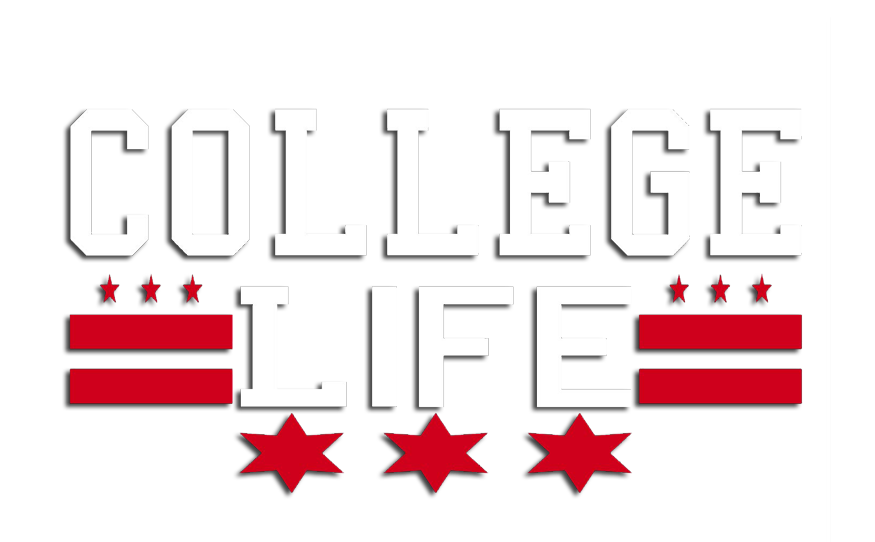When those college tuition bills come in, be prepared for sticker shock.
The average tuition at a four-year public university climbed 15 percent between 2008 and 2010, fueled by state budget cuts for higher education and increases of 40 percent and more at universities in states like Georgia, Arizona and California.
The U.S. Department of Education’s annual look at college affordability also found significant price increases at the nation’s private universities, including at for-profit institutions, where the net price for some schools is now twice as high as Harvard.
At Full Sail University, a film and art school in central Florida, the average price of tuition, fees, books, and other expenses totals $43,990, even when grants and scholarships are factored in. The average net price for an incoming Harvard student: $18,277, according to the department. Net price is cost of attendance minus grant and scholarship aid.
Education Secretary Arne Duncan said students need to be smart consumers and states needs to do their part by making higher education a priority in their budgets. Forty percent of states cut higher education spending last year, the most important factor in tuition increases.
“As a nation, we need more college graduates in order to stay competitive in the global economy,” Duncan said. “But if the costs keep on rising, especially at a time when family incomes are hurting, college will become increasingly unaffordable for the middle class.”
Pennsylvania State University had the highest in-state tuition for a four-year public university at $15,250 during the 2010-11 school year. When the costs of room, board and other expenses are factored in, the total rises to $19,816, the fourth highest net price nationwide.
Bill Mahon, a spokesman for the school, said a 19.6 percent cut in state funding last year, coupled with a decade of weak state support, “has left Penn State increasingly reliant on students and their families to fund most of the costs of their Penn State education.”
Zach Zimbler, who graduated from Penn State University this spring with a degree in information sciences, said his total tuition came out to about $50,000 for four years. He now has loans totaling around $25,000. He said many students don’t realize how much debt they’ve amassed until it comes time to pay.
“The students themselves don’t really know what they’re getting into,” he said.
Zimbler said he worked during school and feels confident about the value of the education he received, even though it came with a high price tag. He’s working on starting his own software business.
The College Affordability and Transparency lists were first published last year to fulfill a reporting requirement passed into law in 2008. The lists track tuition and fees as well as the average net price at public, private and for-profit colleges and universities.
It’s one of several recent initiatives by the Department of Education to increase student and parent awareness on the costs of higher education. Last week, presidents from 10 colleges and universities agreed to provide students information on costs, financial aid and monthly loan payments after graduation in an easy-to-understand form. President Barack Obama also issued a mandate to streamline the application process for those who want to enroll in income-based repayment plans, which set a cap on loan payments based on discretionary income.
Meanwhile, Republicans and Democrats in Congress are struggling against a July 1 deadline to avert a doubling of interest rates on new federal student loans for 7.4 million people.
The data released Tuesday shows increases for four-year, public institutions that are similar what has been observed over the last decade, though Duncan said costs have increased faster in recent years. Between 2001-02 and 2011-12, in-state tuition and fees at public, four-year colleges increased at an average rate of 5.6 percent each year, according to the College Board’s 2011 report on trends in higher education pricing. That rate is higher than in previous decades: In the 1980s, tuition increased at about 4.5 percent each year, and in the 1990s at 3.2 percent.
“Obviously we’re at a period of economic instability at the state level, so you’ll see among public institutions the increases in tuition and fees are a lot of times a function of declines in state support,” said Bryan Cook, director of the Center for Policy Analysis at the American Council on Education. “So we’ve not been surprised in seeing increases in tuition.”
Certain states have been harder hit than others. Five of the 33 public universities with the highest net price, for example, are in Ohio. Six public universities in Georgia saw tuition increases that were higher than 40 percent. The University of California in Berkeley and Los Angeles also saw big price jumps.
The data released by the Education Department goes up until the 2010-11 school year, and in some states, tuition increased again last year.
Cook advised students to look at the data in context: Some schools with big rate increases, for example, still have tuition that is below the nationwide average.
“I think there is more comprehensive information that could be provided contextual information that could be provided for these lists if we really want to provide students and families with the most information to make a good decision about going to college,” he said.
There were some bright spots in the data. Community colleges, Duncan noted, remain one of the most consistently affordable options for higher education: The average net price of a community college increased by less than 1 percent between 2007 and 2009. Tuition, room and board average $8,085 at a public, two-year institution in 2010.
“While community colleges have mostly done their part, there is much more the rest of us can and should be doing,” Duncan said. “Keeping college affordable is a shared responsibility.”
___
CHRISTINE ARMARIO 06/12/12 06:14 PM ET


